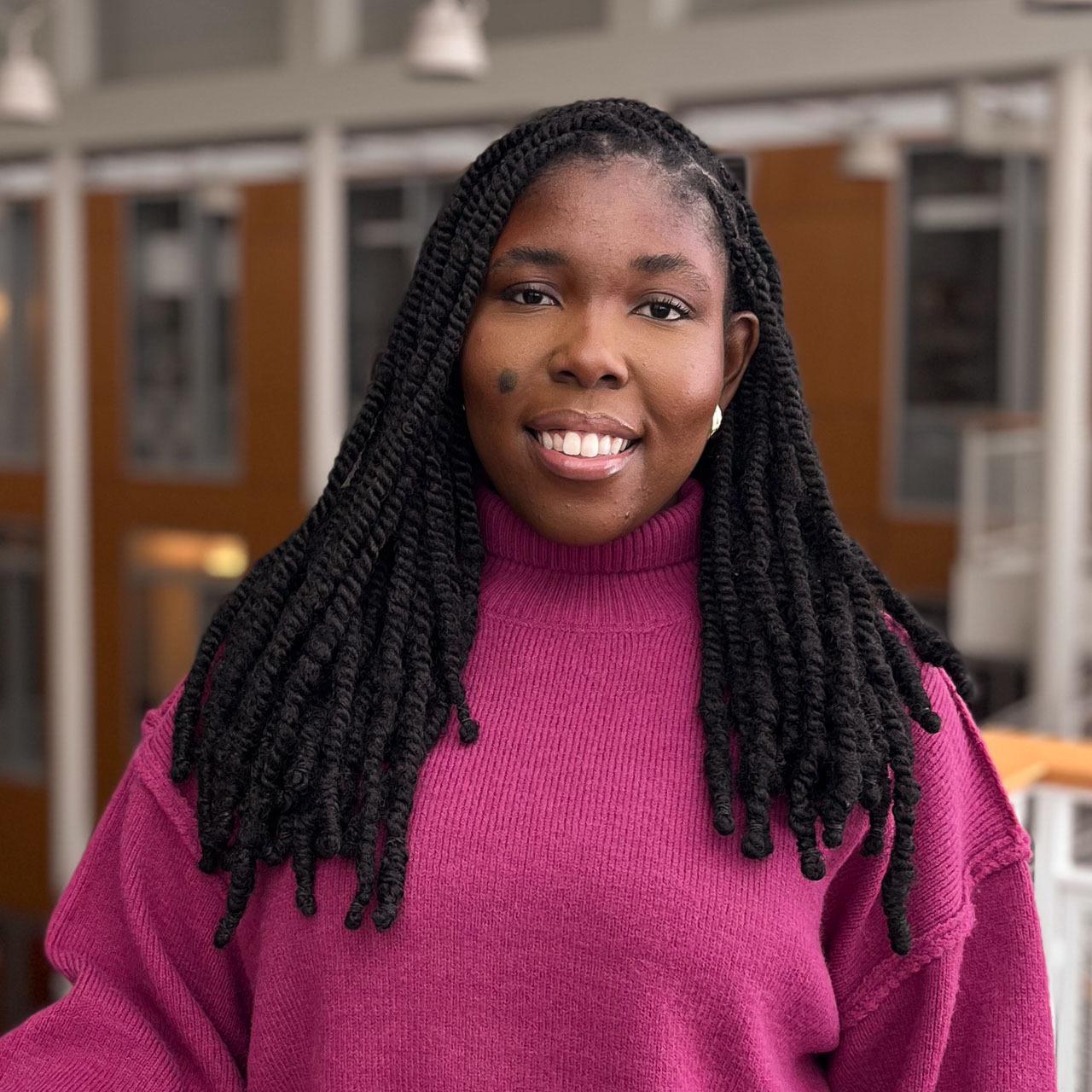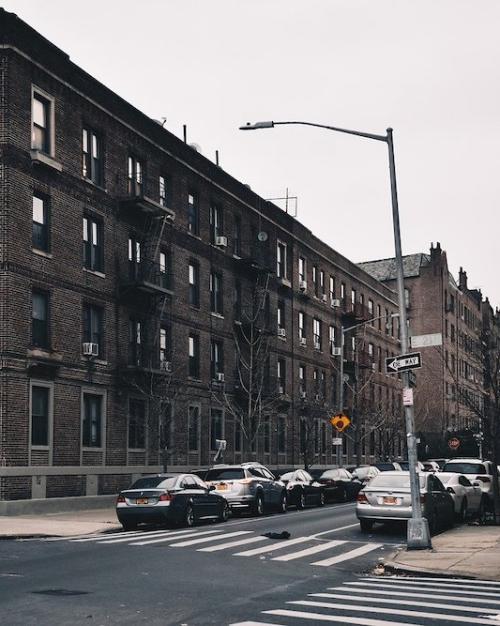In western New York, neighbors blockaded a home to prevent a woman’s eviction. In the Midwest, tenants packed a budget hearing and won concessions. In the South, demonstrators temporarily shut down an eviction court and city hall.
Across the country, actions like these show tenant organizations playing an increasingly important role as a source of local political power in economically and racially marginalized communities, according to new research co-authored by Jamila Michener, associate professor of government in the College of Arts and Sciences and in the Cornell Jeb E. Brooks School of Public Policy, where she serves as associate dean of public engagement.
Such groups have gained visibility as housing insecurity worsened during the pandemic, but have long been neglected by political scientists, Michener and Mallory SoRelle, M.A. ’14, Ph.D. ’16, an assistant professor at Duke University, argue in “Politics, Power and Precarity: How Tenant Organizations Transform Local Political Life,” published Feb. 14 in Interest Groups and Advocacy.
“These organizations explicitly center the needs and perspectives of vulnerable members,” they write. “As such, tenant organizations provide a model for positive political power building for otherwise marginalized constituents.”
To better understand tenant organizations’ origins, structure and politics, Michener and SoRelle interviewed members of nearly 40 groups and observed their meetings (virtually) over eight months starting in the fall of 2020.
At that time, the researchers said, renters faced eviction in “staggering” numbers, as about one in five – more than 10 million people – fell behind on rent payments, even after multiple rounds of federal COVID-19 relief checks.
Despite a nationwide moratorium on evictions ordered by the U.S. Centers for Disease Control and Prevention in September 2020, they said, tens of thousands of families are estimated to have been evicted when landlords ignored the ban or states failed to enforce it consistently.
Tenant organizations, the scholars write, often serve residents who live in or near poverty, work in low-wage jobs and may have encountered welfare or criminal justice institutions – populations “in the crosshairs of social and political exclusion.”
Despite those disadvantages, the researchers found tenant organizations create opportunities for those “marginal denizens to engage in critical forms of politics and to build political power in their communities.”
Participants in the events described above, for example, said their activism generated pressure that had influenced landlord-tenant dynamics or led to changes in rules or legislation, resulting in fewer evictions. In some places they drove a reevaluation of law enforcement’s involvement in eviction proceedings.
Yet Michener and SoRelle say tenant organizations have largely escaped scholars’ notice because of hybrid structures that don’t fit neatly into existing research categories focused on interest and advocacy groups.
“Political scientists have largely neglected tenants as political actors,” they write. “When scholars fail to consider organizing that takes a form distinct from traditional interest group or movement organizations, we fail to identify crucial sources of political power for the most precarious communities.”
Structurally, most of the tenant organizations studied had little or no paid staff. Decision-making was “horizontal,” prioritizing broad participation. They chose not to accept funding from foundations or government agencies to preserve their autonomy, relying on volunteers, membership dues and public donations.
Many of the groups were distrustful of formal political systems. They were critical of advocacy organizations and what some called “the nonprofit industrial complex,” which they believed would water down their agenda and existed to provide services or distribute resources, not build power.
As one umbrella organization for a network of tenant unions put it: “We fight for tenants, not for housing.”
Michener and SoRelle find tenant groups’ political engagement can have “profound repercussions” for local politics, warranting greater attention from social scientists.
“A close look at tenant organizations usefully expands our understanding of local political life,” they write, “particularly in marginalized communities.”





